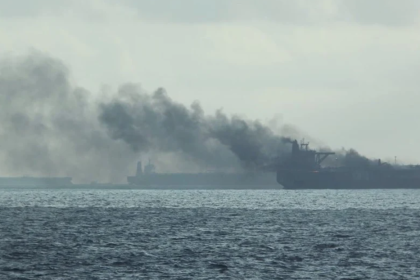Australia has officially declared its intention to continue and expand its gas extraction and usage until “2050 and beyond.” This decision comes as part of the government’s newly released strategy aimed at bolstering domestic energy supplies while simultaneously attempting to transition towards net zero emissions. The announcement, made on Thursday, details plans to collaborate with industry leaders and state governments to not only boost current production but also increase exploration activities in the gas sector.
Government Justification
The administration under Prime Minister Anthony Albanese has defended its strategy by emphasizing the need for a stable and secure domestic energy supply. They argue that natural gas will play a pivotal role as a transitional fuel, helping bridge the gap between coal-dependent energy systems and a cleaner, renewable-powered future. Additionally, the government highlights Australia’s role as a top exporter of liquefied natural gas, asserting that the sustained gas production is also about maintaining reliability as a trading partner on the global stage.
Criticism from Environmental Advocates
Despite the government’s assurances, the plan has faced sharp criticism from environmental groups and climate scientists. Critics accuse the government of disregarding scientific consensus about the urgent need to reduce fossil fuel consumption to mitigate the worst impacts of climate change. They cite the International Energy Agency’s recommendations, which call for significant reductions in coal, oil, and gas usage to meet international climate targets. The critics argue that Australia’s strategy is a step backward in the global effort to combat climate change.
Conclusion
Australia’s decision to ramp up its gas industry has sparked a heated debate about the balance between economic and environmental priorities. While the government views natural gas as an essential component of its energy strategy and economic stability, environmentalists see it as a contradiction to the urgent climate actions needed. As the world moves closer to crucial climate deadlines, the effectiveness of Australia’s energy policies in contributing to global climate goals remains a contentious issue.







